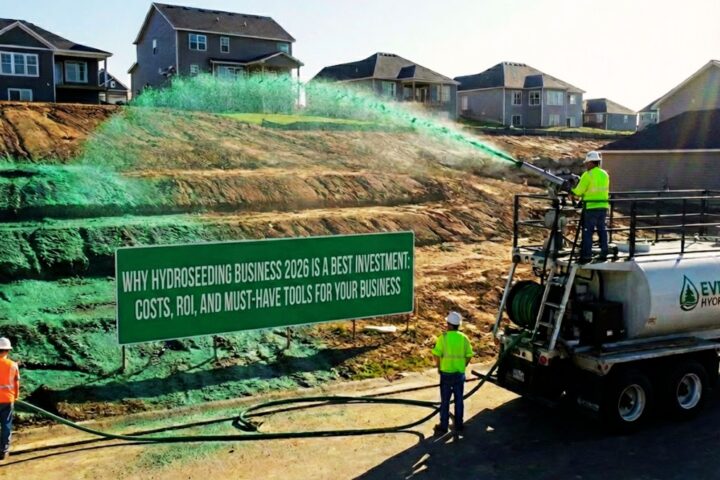Gardening and other horticultural pursuits are common pastimes in the UK, with many more of us green-fingered than we may often think. According to recent statistics, around a third of young people actively enjoy gardening.
At a time where vocational talent is lacking in a number of industries, this presents a unique opportunity for those interested in turning a hobby into a career. Landscapers are in high demand, and work on a wide range of projects small and large – but becoming one isn’t necessarily straightforward. What should you know about starting a career in landscaping?
Skills and Qualifications
You can become a landscaper without so much as a GCSE if you so choose. All that truly matters is that you have the skills necessary to safely wield gardening equipment, and possess enough vocational knowledge of horticulture and outdoor construction to meet the needs of the average project.
However, the more arrows to your bow, the better – and there are some aspects of landscaping where a qualification may indeed be necessary. There are diplomas and other qualifications you can take in groundskeeping, horticulture, tree surgery and all manner of other gardening practices. These can help you refine your skills and knowledge, and also specialise in one of the many corners of landscaping.
Tools, Equipment and Materials
Of course, your skills and accolades are not enough by themselves to complete a complicated garden overhaul. You will, naturally, need the tools of the trade to properly and fully offer your services to clients. As such, you will need to frontload some investment into key items of equipment, from lawnmowers and hedge trimmers to shears, secateurs and chemicals for killing or treating flora. Not only this, but you will need a stockpile of commonly-used materials to avoid stalls in projects.
Central to your acquisition efforts should be the search for reputable suppliers. As a business, you will need access to the various materials of your trade at the wholesale level – and you will need to guarantee access to such materials ahead of specific jobs, so as not to delay project schedules or negatively impact clients. This is just as true of power tools and replacement parts as it is of raw materials like wood and paving stone; the easier it is for you to acquire, the better you will be in plying your trade.
Building a Team
There are many landscapers that choose to work largely alone, as self-employed ‘sole traders’. This is the simplest business structure for tax purposes, with all business income treated – and taxed – as personal income. But many more landscapers work as teams – necessitating registration as a limited company. If you do the latter, you may have a more difficult job on your hands in relation to tax, but you also give yourself the opportunity to build an effective team and grow your business beyond even that.









